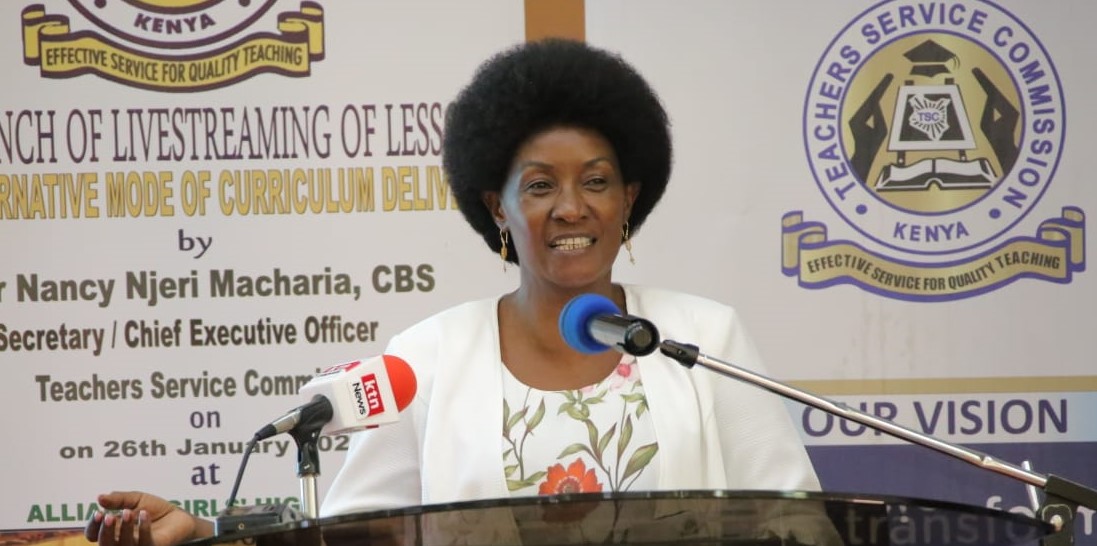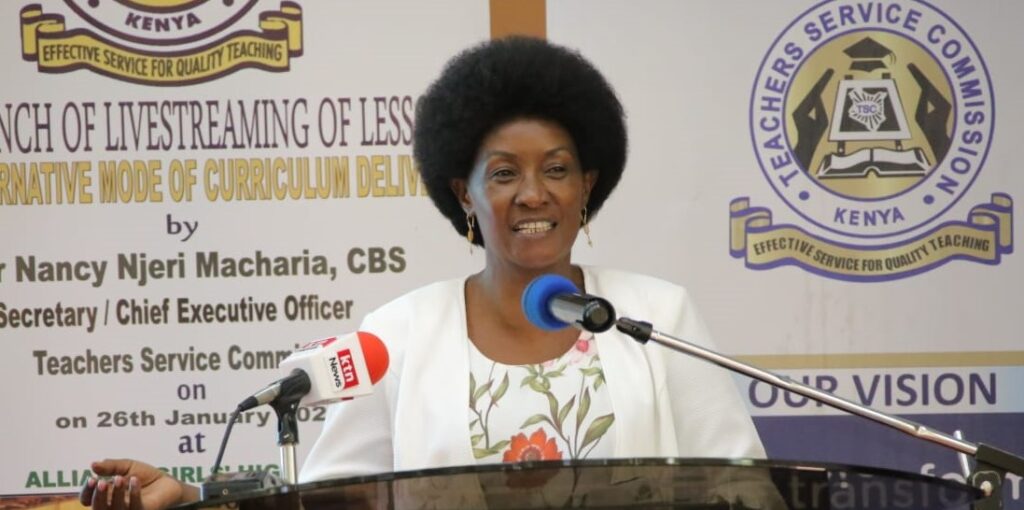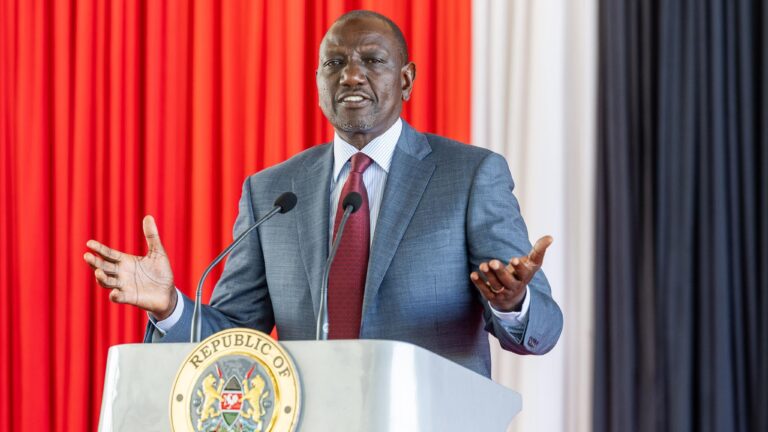
The Teachers Service Commission (TSC) has announced the promotion of a staggering 25,252 teachers — with thousands jumping the queue despite not meeting the standard minimum service requirement.
Yes, you read that right. Even teachers with less than three years in their current grades are climbing the ranks — legally.
In a dramatic policy shift, TSC greenlit the promotions following a controversial waiver aimed at tackling the chronic teacher shortage crippling schools across the country. The shocker? 5,291 teachers were promoted without meeting the required time in service, a move critics are calling “desperate but necessary.”
Most of these lightning-fast promotions are into high-stakes roles — deputy headteachers and headteachers — positions long left vacant due to a shortage of qualified applicants.
In a statement released on May 22, 2025, the commission admitted that the usual pool of eligible candidates had “fallen drastically short,” prompting the unprecedented waiver. This came hot on the heels of a Sh1 billion cash injection from the National Assembly meant to fund the promotions. But even with that massive boost, the money covered less than a quarter of the available positions.
Reality check: Only 598 teachers were experienced enough to fill 1,410 principal slots. For deputy headteachers, 3,686 positions were filled — but over 7,000 applicants were jostling for the roles. The math didn’t add up — until TSC slashed the required experience from three years to just six months.

Yes — from 36 months to 6. That’s how urgently the leadership vacuum had to be plugged.
In what many see as a bold gamble, 3,427 of the fast-tracked promotions were into top-level roles — principal and deputy headteacher — many of them in marginalized and arid regions where teacher recruitment is notoriously difficult.
TSC has defended its decision, calling it a lifeline for schools drowning under leadership gaps. “This temporary waiver allowed us to fill key vacancies competitively,” the commission stated, adding that too many educators had been languishing in acting roles without formal confirmation.
In response to fierce public debate, teacher union pressure, and nationwide feedback, the TSC says it’s now drafting standardized promotion guidelines — a new framework rooted in fairness, equality, and transparency.
“The commission remains committed to upholding equity, inclusivity, and non-discrimination,” the statement read.
But one thing is clear — this sweeping move has rewritten the rulebook for promotions in Kenya’s education system. Whether it’s a stroke of genius or a ticking time bomb remains to be seen.







